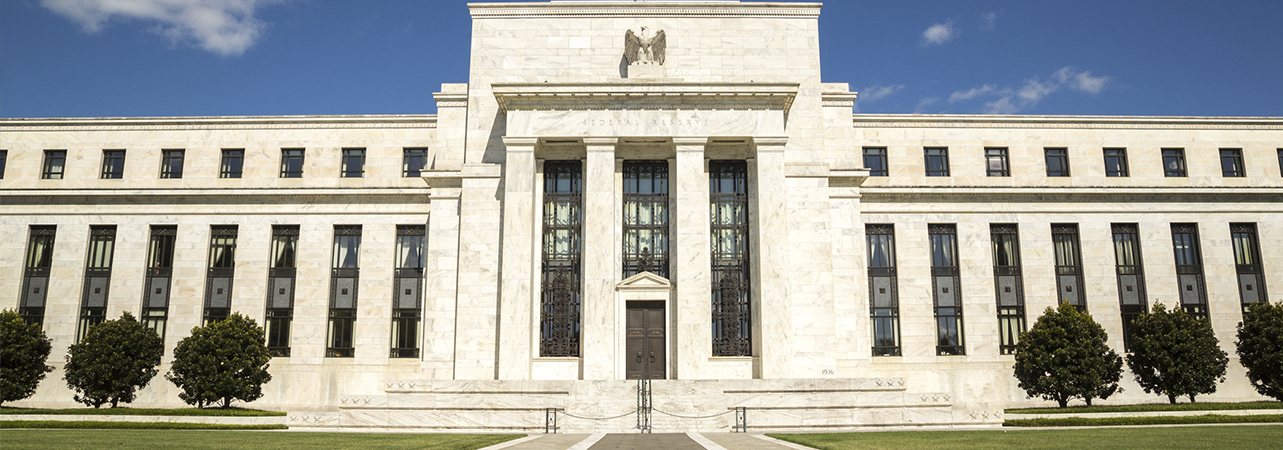Global equity markets generally weakened during September, dampened by uncertainties over US monetary policy, higher oil prices, and broader concerns about the global economic outlook.
- The US avoided another federal shutdown
- The Fed held interest rates at 5.25% to 5.5%
- The ECB raised its key rate to 4%
Losing momentum: global equity markets generally weakened during September, dampened by uncertainties over US monetary policy, higher oil prices , and broader concerns about the global economic outlook. The Organisation for Economic Cooperation & Development (OECD) warned that global growth is set to moderate, dampened by the impact of higher interest rates, persistently high core inflation rates, lacklustre business and consumer confidence, and a slowdown in China. Elsewhere, the Financial Stability Board (FSB) warned G20 leaders that economic growth is losing momentum against a backdrop of higher interest rates and warned of “further challenges and shocks facing the global financial system”.
“The European Commission revised down its forecast for economic growth in the eurozone”
Fed pauses: the rate of consumer price inflation in the US picked up from 3.2% in July to 3.7% in August, boosted by higher fuel prices. Although the US Federal Reserve (Fed) maintained its key federal funds rate at a range of 5.25% to 5.5% at its September meeting, Fed officials are expected to tighten rates again before the end of the year. At the very end of the month, US lawmakers agreed a temporary deal that will avert a federal shutdown until 17 November. The Dow Jones Industrial Average Index fell by 3.5% over September, while the technology-rich Nasdaq Index declined by 7.6%. Apple’s share price dropped sharply during the month following reports that China’s government had widened a ban on government employees from using iPhones.
ECB tightens again: the European Central Bank (ECB) raised its key interest rate to a record high of 4% during September. This was the ECB’s tenth rate increase in 14 months, but the central bank looks set to pause its tightening cycle for now. The rate of inflation in the eurozone fell from 5.2% to 4.3% year on year during September.
A weaker outlook for Europe: the European Commission revised down its forecast for economic growth in the eurozone to 0.8 % in 2023 and 1.3% in 2024, citing “multiple headwinds” including weak domestic demand, higher interest rates, and geopolitical tensions including the ongoing war in Ukraine.
Germany in the doldrums: Germany is the only economy in the euro area predicted to shrink over 2023, according to the European Commission. The Ifo Institute reported “bleak” sentiment towards Germany’s economic prospects during September; meanwhile, export activity continued to weaken and retail sales volumes declined. The Dax Index fell by 3.5% over the month.
To view the series of market updates through September, click here














